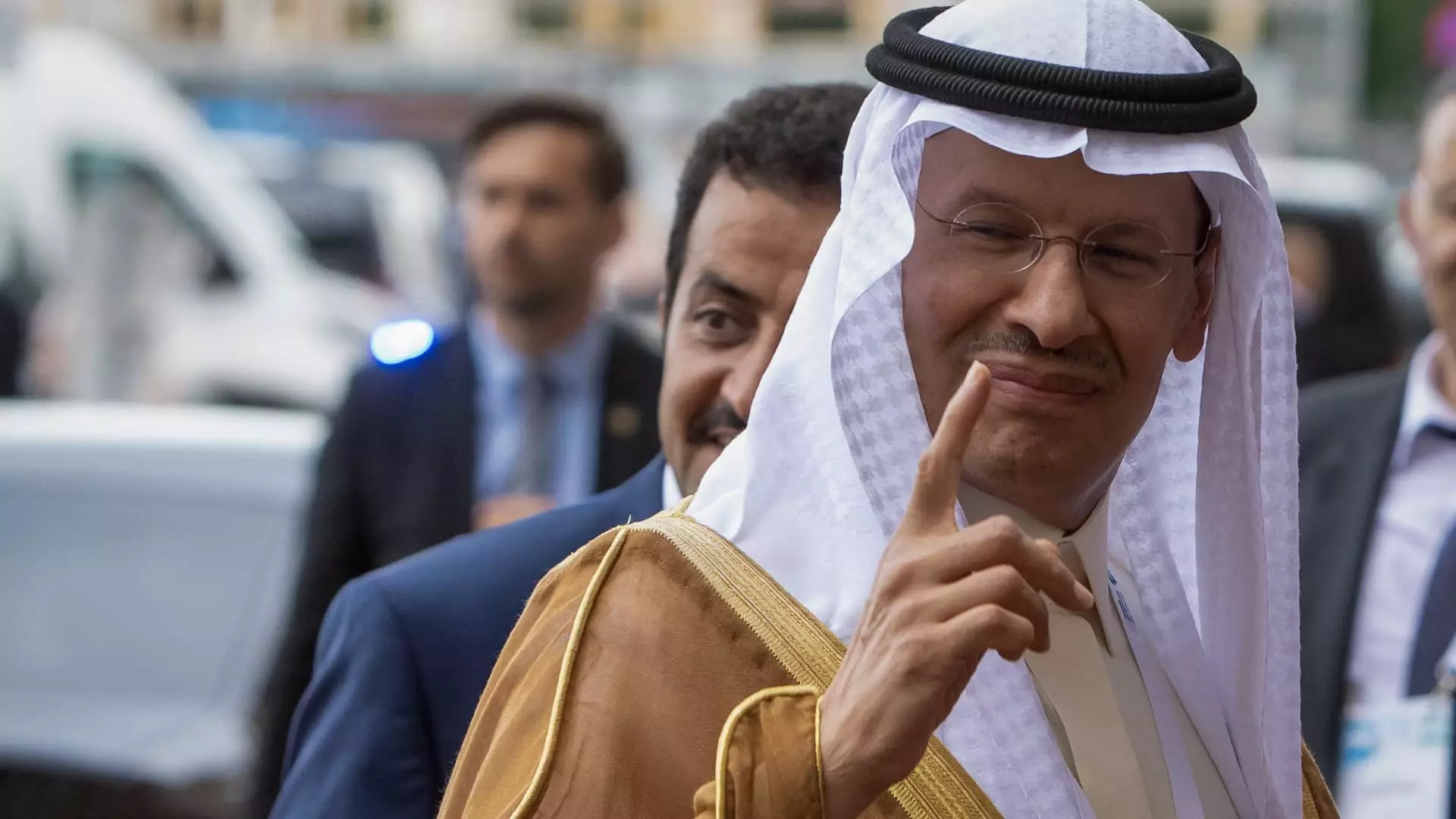In a recent development, heavyweights Saudi Arabia and Russia have decided to extend their voluntary crude supply cuts until the end of the second quarter. This decision will have a significant impact on the global oil market, as these two countries are among the largest producers in the world. Saudi Arabia, in particular, will continue its voluntary crude production cut of 1 million barrels per day until the end of June, according to the state-owned Saudi Press Agency. On the other hand, Russia will reduce its production and export supplies by a combined 471,000 barrels per day until the end of the second quarter.
Apart from Saudi Arabia and Russia, other key OPEC+ producers like Iraq and the UAE have also decided to prolong their voluntary production cuts until the end of the second quarter. This collective effort by OPEC+ countries is aimed at stabilizing the oil market and supporting oil prices, which have been fluctuating in a narrow range despite previous supply cuts. The decision to extend the production cuts comes at a time when various factors, such as geopolitical tensions and lower demand, continue to impact the oil market.
While the extension of production cuts will provide some support to oil prices in the short term, there are challenges that need to be addressed. For instance, ongoing geopolitical issues, including maritime attacks and regional conflicts, pose a threat to oil supply routes and could lead to price volatility. Additionally, lower demand due to seasonal refinery maintenance in key importing countries like China could further affect oil prices in the coming months.
It is important to note that voluntary production cuts do not require unanimous consent from all OPEC+ members and are separate from the group’s official policy. These cuts are typically made by individual countries based on their own assessments of the market and their production capacity. However, these voluntary cuts are expected to align with the overall objectives of OPEC+ when it comes to stabilizing the oil market and supporting prices.
Looking ahead, the next policy negotiations for OPEC+ are scheduled to take place in June, where production baselines for member countries will be finalized. These baselines play a crucial role in determining each country’s quota and output limits, which impact their revenue potential in a high-price environment. It will be interesting to see how these developments will unfold in the coming months and whether OPEC+ will consider further adjustments to their production targets.
The extension of voluntary production cuts by key OPEC+ producers like Saudi Arabia and Russia signals their commitment to supporting the oil market and stabilizing prices. While there are challenges and uncertainties ahead, the collective efforts of OPEC+ members are crucial in ensuring a balanced and sustainable oil market in the long run.


Leave a Reply